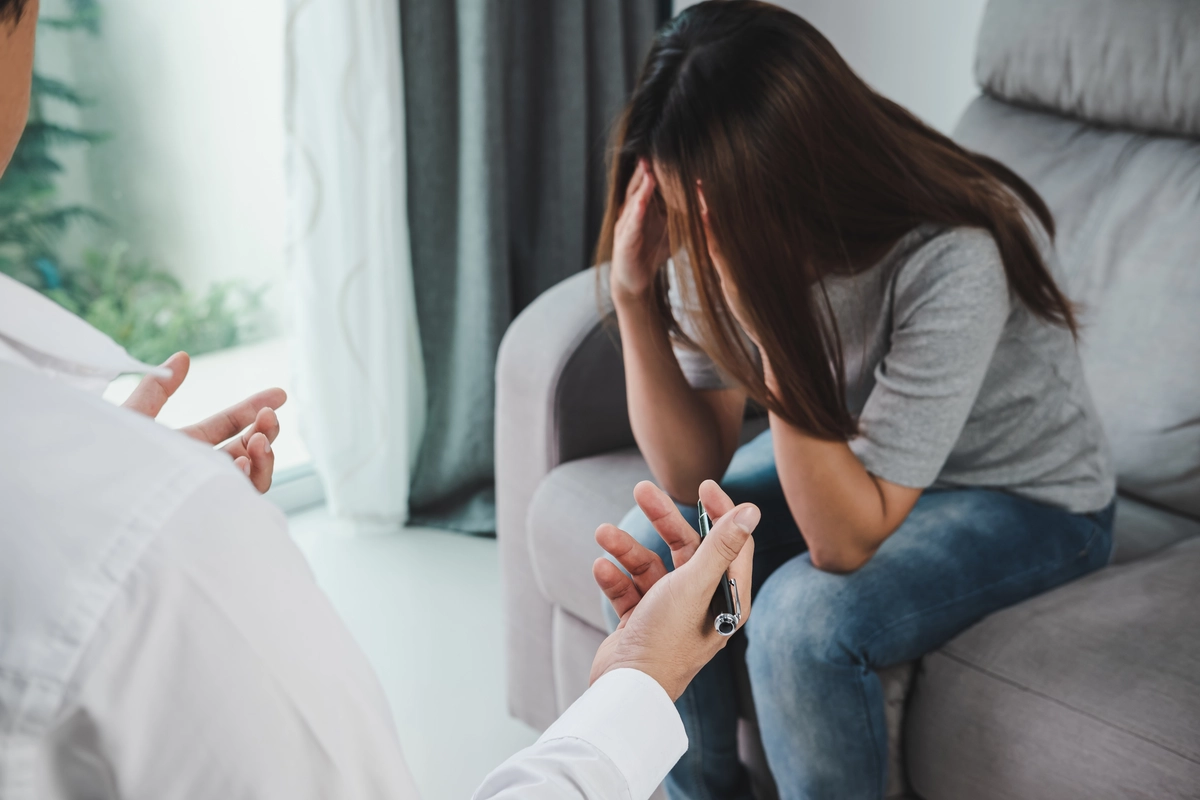24/7 Helpline:
(866) 899-221924/7 Helpline:
(866) 899-2219
Learn more about Eating Disorder Treatment centers in Excelsior Springs

Other Insurance Options

Amerigroup

WellPoint

Group Health Incorporated

American Behavioral

Molina Healthcare

CareSource

Meritain

Absolute Total Care

Health Partners

Lucent

ComPsych

Cigna

Magellan

Choice Care Network

Ambetter

Holman Group

BlueCross

United Health Care

Regence

Self-pay options

Northland Dependency Services
Northland Dependency Services is a private rehab located in Excelsior Springs, Missouri. Northland D...


South Central Behavioral Services – Outpatient
South Central Behavioral Services (SCBS) is a Community Behavioral Health agency providing mental he...

South Central Behavioral Services – Unity House
South Central Behavioral Services - Unity House is a structured setting where an individual can prac...



















































Advanced Psychiatric Care
Advanced Psychiatric Care is a private rehab located in Kearney, Nebraska. Advanced Psychiatric Care...

AlAnon
AlAnon is a non-profit rehab located in Kearney, Nebraska. AlAnon specializes in the treatment of al...

Richard Young Behavioral Health
Richard Young Behavioral Health is a behavioral health and addiction treatment center for adults and...

Saint Francis – Alcohol and Drug Treatment Center
Saint Francis – Alcohol and Drug Treatment Center is a private rehab located in Kearney, Nebraska. S...

Lamplighters Club
Lamplighters Club is a non-profit rehab located in Missouri City, Texas. Lamplighters Club specializ...
























